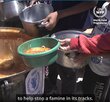Gaza updates: WFP targets soup kitchens as supplies dwindle and bakeries close in Rafah
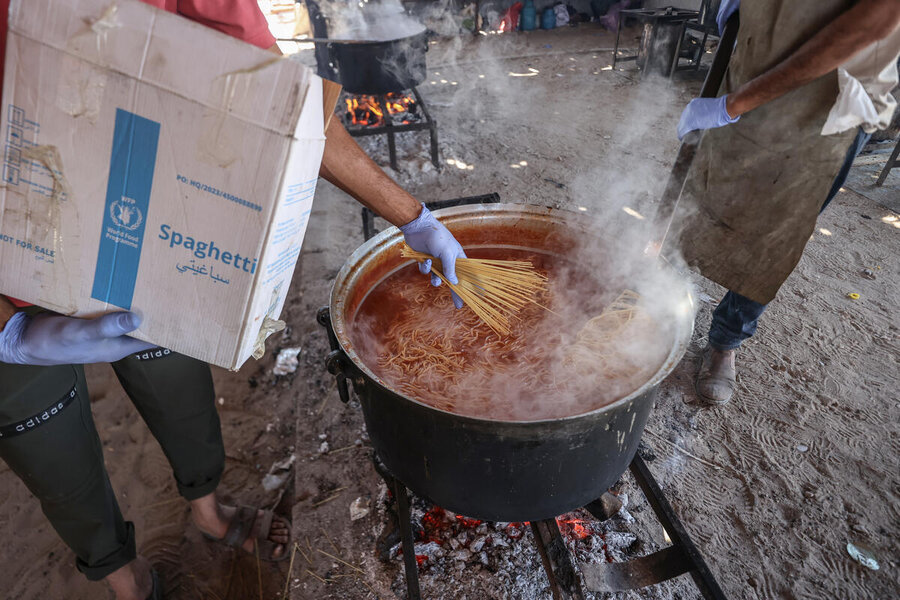
CLICK TO VIEW: LATEST NEWS RELEASES
Updated 22 May 15:40 CEST (Read last update here)
Humanitarian operations in Gaza are near collapse. Once again, nearly half of the population of Rafah, 800,000 people, are on the move, looking for food and shelter in the middle areas of the Strip and in Khan Younis. The escalation of military activity in the south and parts of the north, together with various issues at border crossing points, is set to precipitate a humanitarian catastrophe and yet more hunger.
If food and humanitarian supplies do not begin to enter Gaza in massive quantities, desperation and hunger will spread.
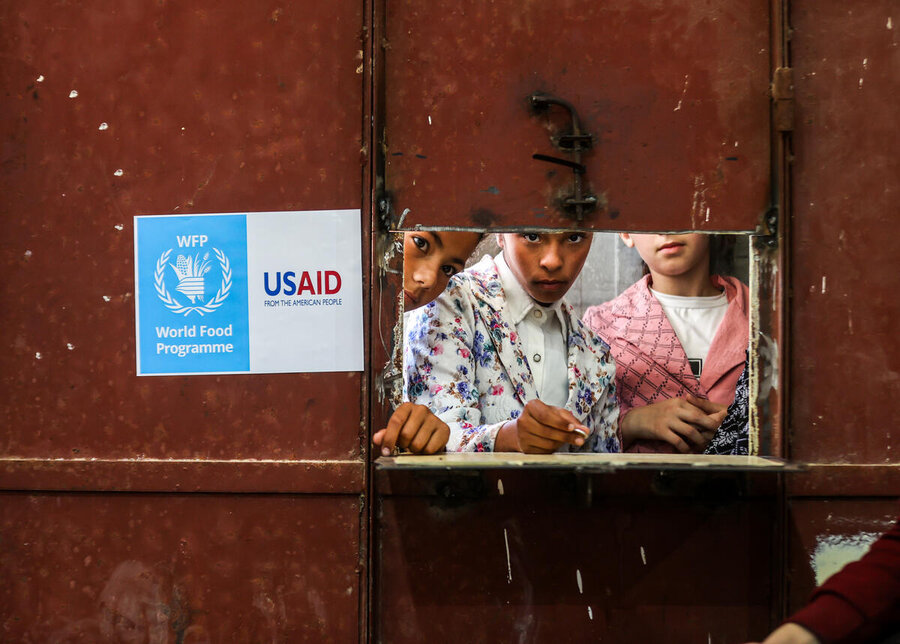
- The incursion into Rafah continues to displace more people, many for the seventh time. They are moving into overcrowded areas that lack proper shelter, water, or food. The militarized area there poses obstacles for WFP in accessing its main warehouse.
- The limited functionality of the southern border crossings, key arteries for getting aid in, means that barely any fuel or aid is getting into any part of Gaza. There are currently no food distributions taking place in the south of Gaza except for some limited stocks that are given to community kitchens for hot meals. Fewer than 100 trucks have entered southern Gaza since 6 May.
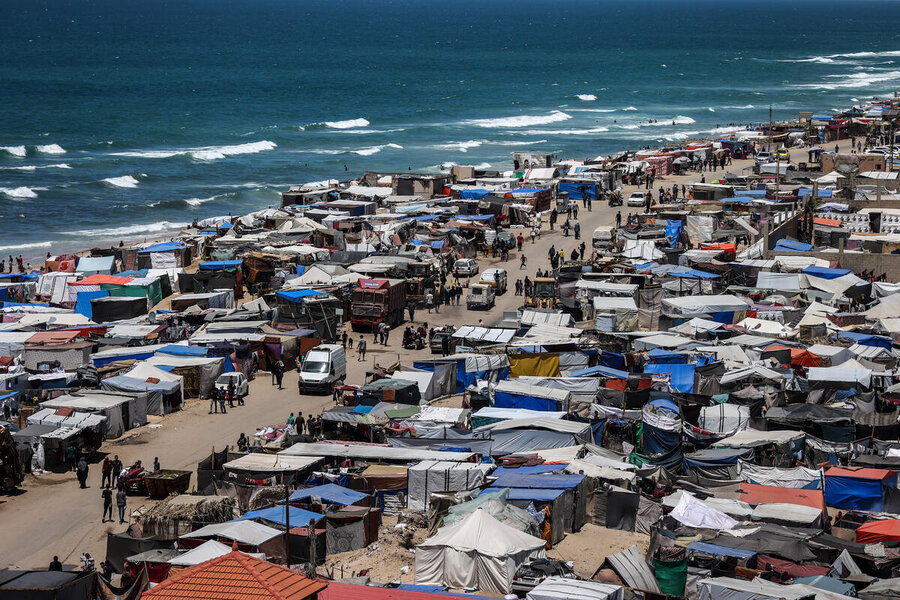
Tents hosting people who have fled Rafah line the beach at Deir El Balah. Photo: WFP/Ali Jadallah - All bakeries in Rafah have shut down. However, WFP is still able to support six bakeries in Central Gaza, four in Gaza City and, since Monday (21 May), one in Jabalia.
- In the past two weeks, we've seen the lowest amount of humanitarian goods entering Gaza since December, making the risk of famine very real.
- The limited distribution of food parcels and wheat flour in central and northern Gaza is ongoing.
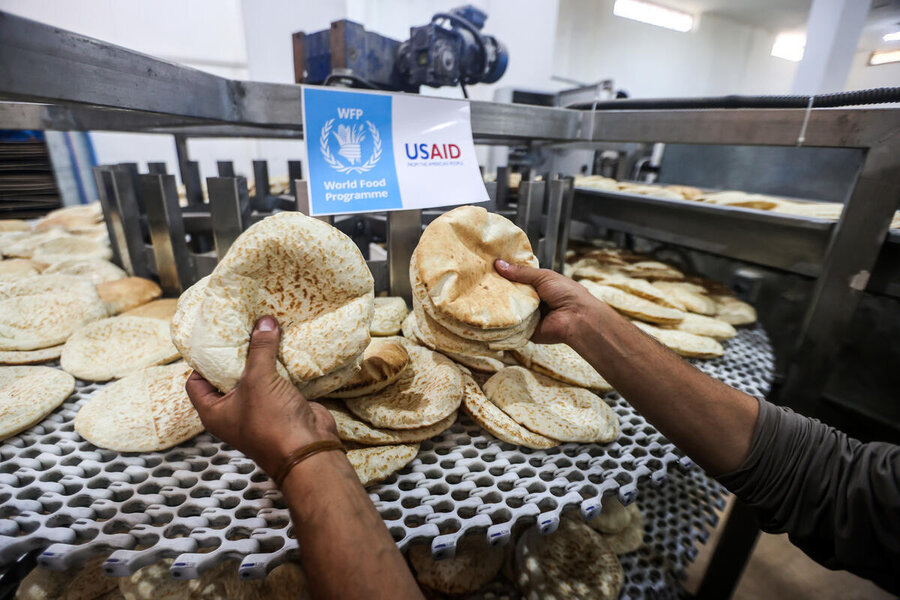
WFP is working with local partners to set up more bakeries in the northern parts of the Strip. Photo: WFP/Ali Jadallah - In May, WFP reached close to 1 million people in Gaza after reducing the size of rations.
- Four bakeries are open and operating in Gaza City, providing essential bread in the north. Out of the 16 bakeries WFP operates in Gaza, only ten are operating due to the lack of fuel and other essentials.
- Since the beginning of May, WFP has provided around 4.4 million hot meals through 71 community kitchens across Gaza, while bakeries have produced more than 1 million packs of flatbread.
- WFP aims to direct as much food as it can to kitchen operations to ensure its fast-depleting stocks serve as many people as possible.
- Working with partners, WFP hopes to see more kitchens open in areas like Khan Younis, where thousands who have quit Rafah have sought refuge despite the desolation and destruction.
WATCH VIDEO: “We are afraid we’ll have to eat grass. Those who were trapped [in the north] had to eat grass. There is no wood, no food to cook, and everything is very expensive.”

